The new civil rights leaders: Emerging voices in the 21st century
Some of the concerns are old — voting rights, police misconduct, racial profiling. Others — such as trans rights and access to technology — are more recent. Much in the spirit of activists who pushed for civil rights a half century ago, a new generation is fighting battles old and new. A sampling of these emerging leaders across the country:
» Full Coverage: 50 years after the march on Selma
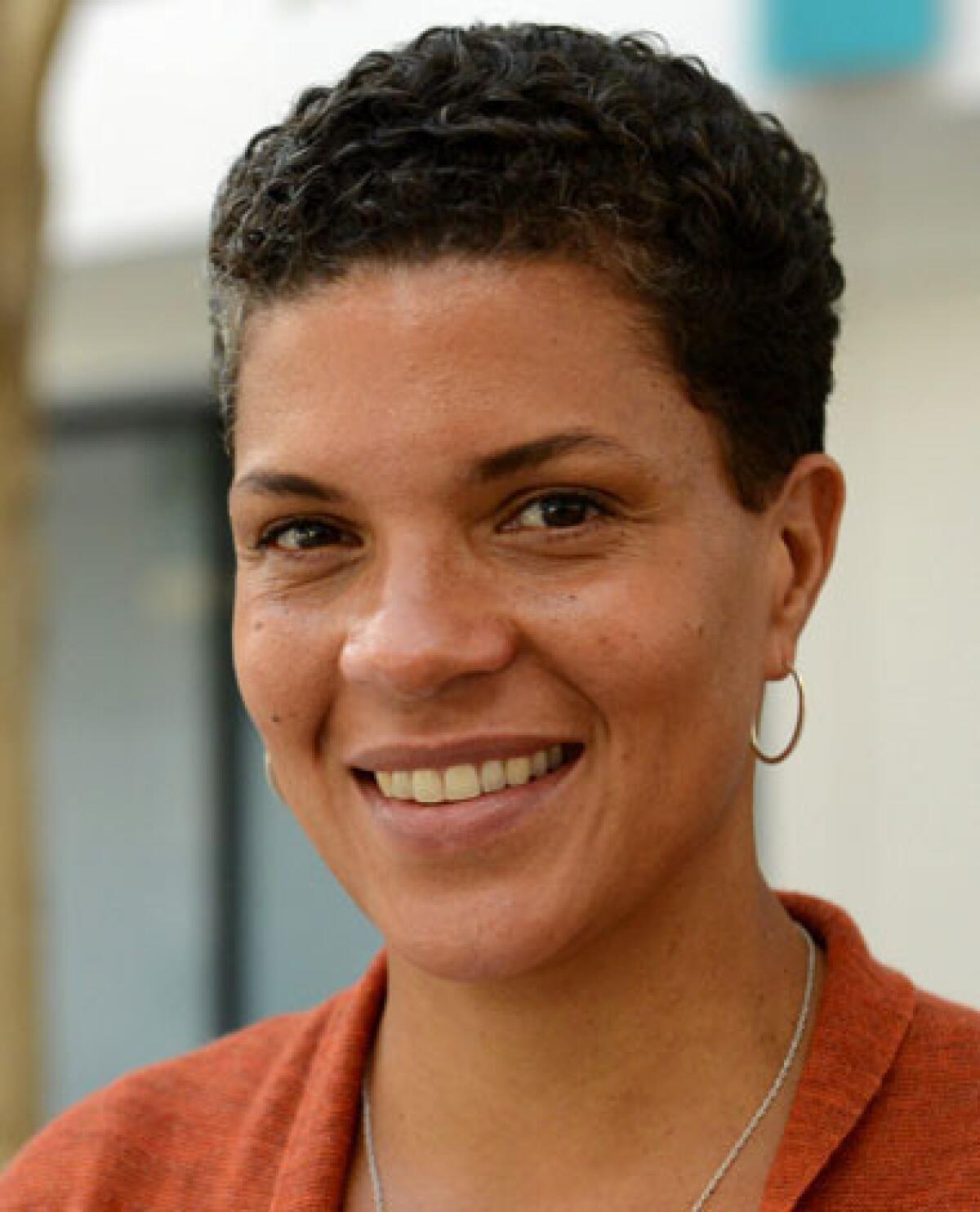
Vivien Killilea / Getty Images
“An awakening has finally begun.”
Michelle Alexander
Civil rights lawyer and scholar
Age: 47
Columbus, Ohio
It took a costly social battle for the civil rights movement to dismantle Jim Crow in the South, an unjust system in which African Americans were denied the right to vote and to share lunch counters and classrooms with white residents. But decades later, in 2010, Alexander’s book, “The New Jim Crow: Mass Incarceration in the Age of Colorblindness,” argued that one system of racial oppression had been replaced by another: the nation’s jails and prisons, filled disproportionately with black men, branded with criminal records they would never be able to erase.
“The New Jim Crow” has since become a touchstone for a new generation of civil rights activists, with Cornel West calling it “the secular bible of a new movement.” Ta-Nehisi Coates, launching a public read-along of the book on his blog at the Atlantic last year, wrote, “I can’t remember a book that’s brought more attention to a particular societal injustice in recent years.” Alexander’s work received the loudest shout-out of all when musician John Legend quoted her during an acceptance speech at the Oscars, telling a global audience, “There are more black men under correctional control today” — meaning prison, probation and parole — “than were under slavery in 1850.”
“An awakening has finally begun, evidenced by the uprisings in Ferguson and the protests that have swept the nation in recent months reflecting decades of hurt, frustration and justified rage,” said Alexander, a professor at Ohio State University. “I think it's fair to say that the future of American democracy itself may rest on whether we're going to continue to dispose of poor people and people of color en masse, or treat them as though their lives actually matter.”
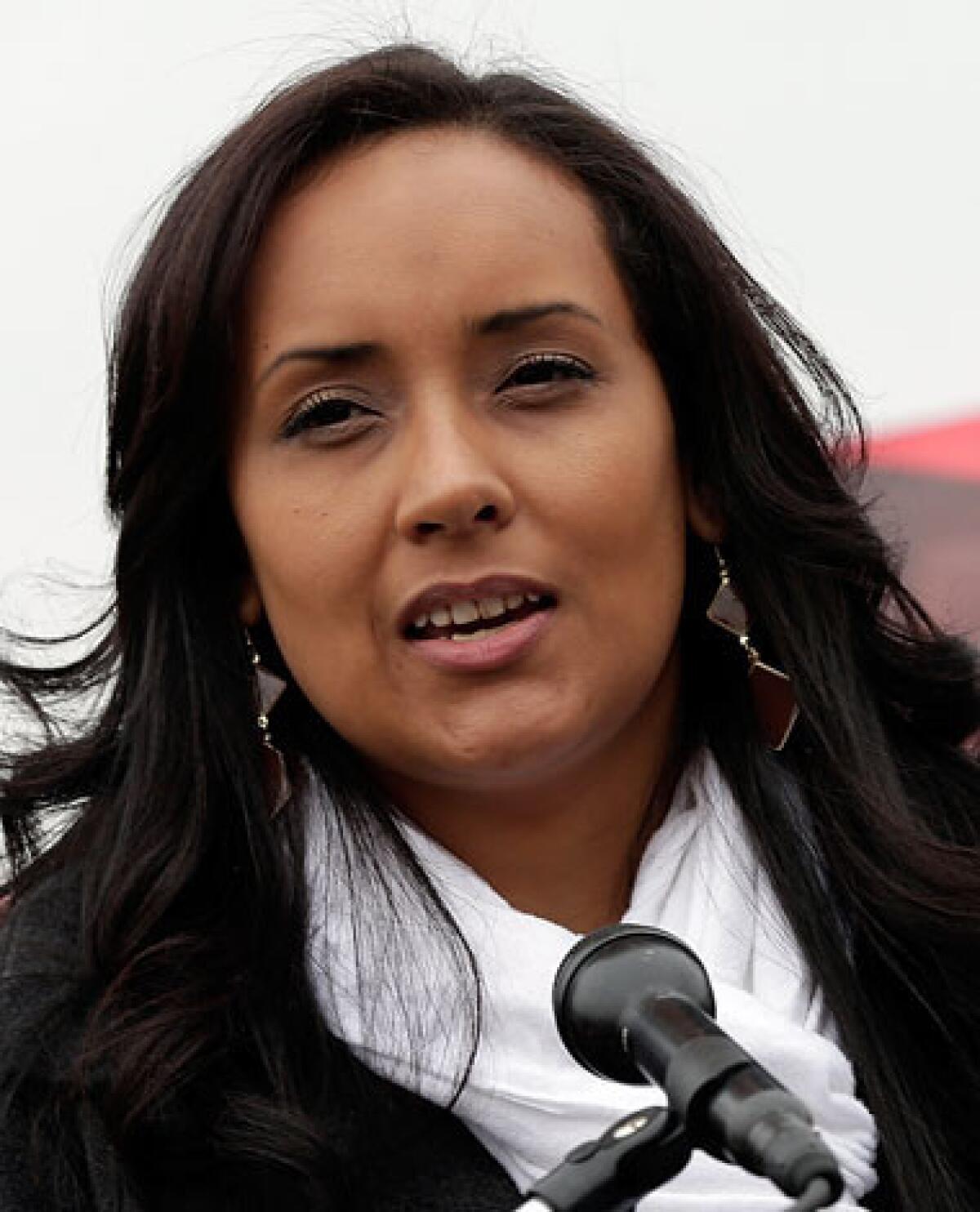
Win McNamee / Getty Images
“I know one day I will run for office in the state of Arizona.”
Erika Andiola
Immigration activist
Age: 27
Mesa, Ariz.
Andiola, co-director of the DRM Action Coalition, is one of Arizona’s most prominent immigration reform activists. In 2012, when Andiola appeared on the cover of Time magazine with 35 other immigrants living in the U.S. without authorization, she told the magazine, “I know one day I will run for office in the state of Arizona.”
In 2013, Andiola, a graduate of Arizona State University, helped foment a social media campaign that successfully pressured officials not to deport her mother and brother. In 2014, she appeared in a viral video in which she confronts Rep. Steve King (R-Iowa) over federal immigration policy at an Iowa fundraiser — as potential presidential hopeful Sen. Rand Paul (R-Ky.) awkwardly slips away.
“After the country helped stop my mother’s deportation, I came to realize that our community and the American people have the power, not politicians inside the beltway,” Andiola wrote for the Huffington Post in 2013.
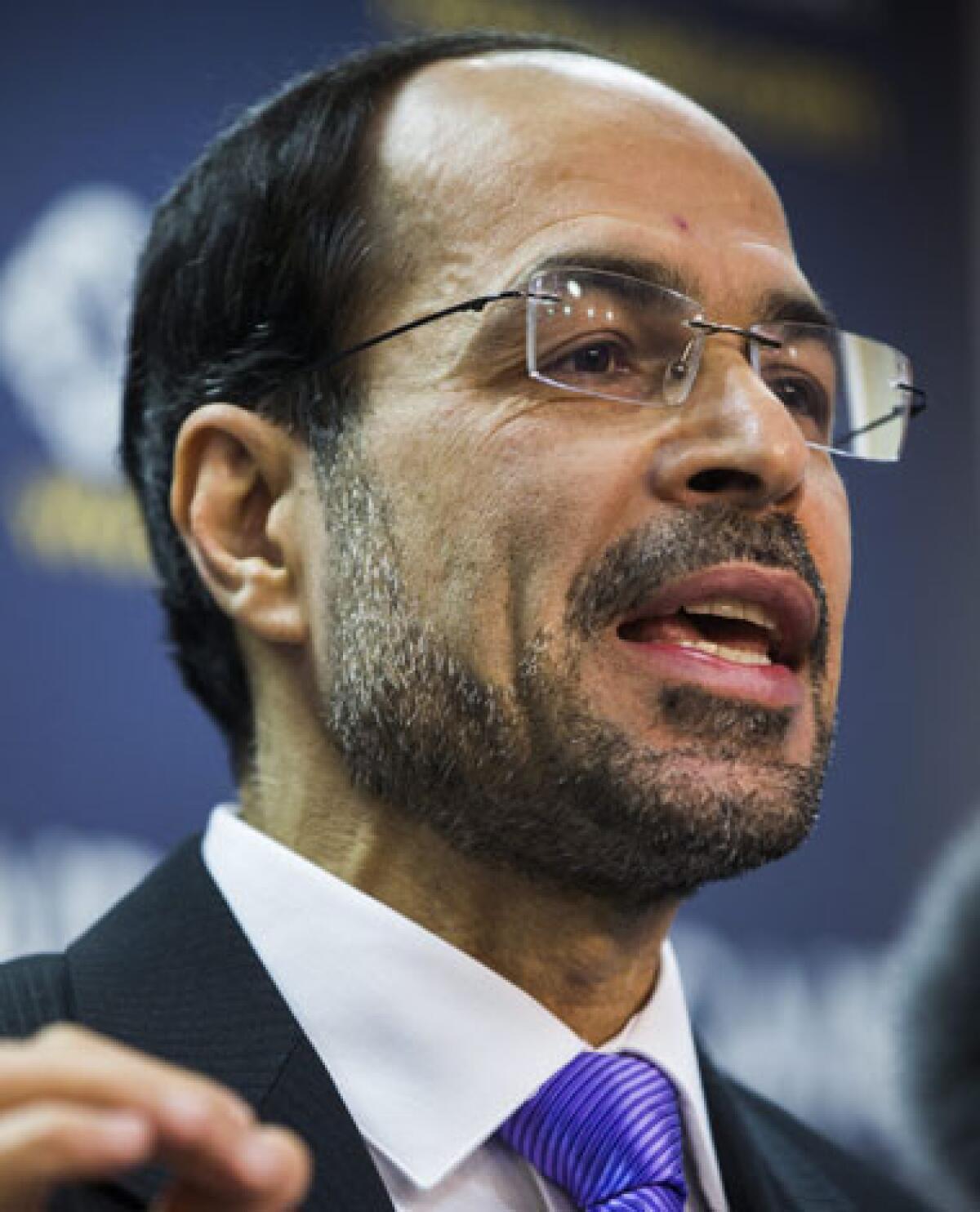
Jim Lo Scalzo / EPA
“Despite all the work that we have been doing in our communities to serve the nation, we are treated with suspicion.”
Nihad Awad
Executive director and co-founder, Council on American-Islamic Relations
Age: 53
Washington, D.C.
CAIR is the nation’s most prominent Islamic advocacy organization, making Awad, its leader, one of America’s foremost Muslim voices in the years since the Sept. 11 attacks. The group monitors hate crimes and discrimination against Muslim Americans and pushes news releases and action alerts on issues affecting Muslims.
Awad has been an outspoken opponent of blanket surveillance of Muslims, and his own email account was allegedly tracked by the National Security Agency and the Federal Bureau of Investigation between 2006 and 2008, according to documents leaked by Edward Snowden.
“I’m outraged as an American citizen that my government, after decades of civil rights struggle, still spies on political activists and civil right activists and leaders,” Awad told the Intercept, the news organization that broke the story. “I’m really angry that despite all the work that we have been doing in our communities to serve the nation, we are treated with suspicion.”
“I hope to provide young and pre-teen girls of color opportunities to learn in-demand skills in technology and computer programming.”
Kimberly Bryant
Founder, Black Girls Code
Age: 47
San Francisco
Appalled by the dismal number of minorities represented in the tech industry, Bryant wanted to present new opportunities for young African American girls. And with that came inspiration to launch the San Francisco-based nonprofit Black Girls Code. Her organization provides pre-teens the opportunity to learn computer programming skills and develop a grasp of basic technology. The group offers summer programs nationwide where young girls can attend workshops and hear from experts in the field.
Bryant was honored by the White House in 2013 with the Champions of Change Tech Inclusion award for her efforts to expand technology.
"I hope to provide young and pre-teen girls of color opportunities to learn in-demand skills in technology and computer programming at a time when they are naturally thinking about what they want to be when they grow up,” Bryant says on the group’s website.
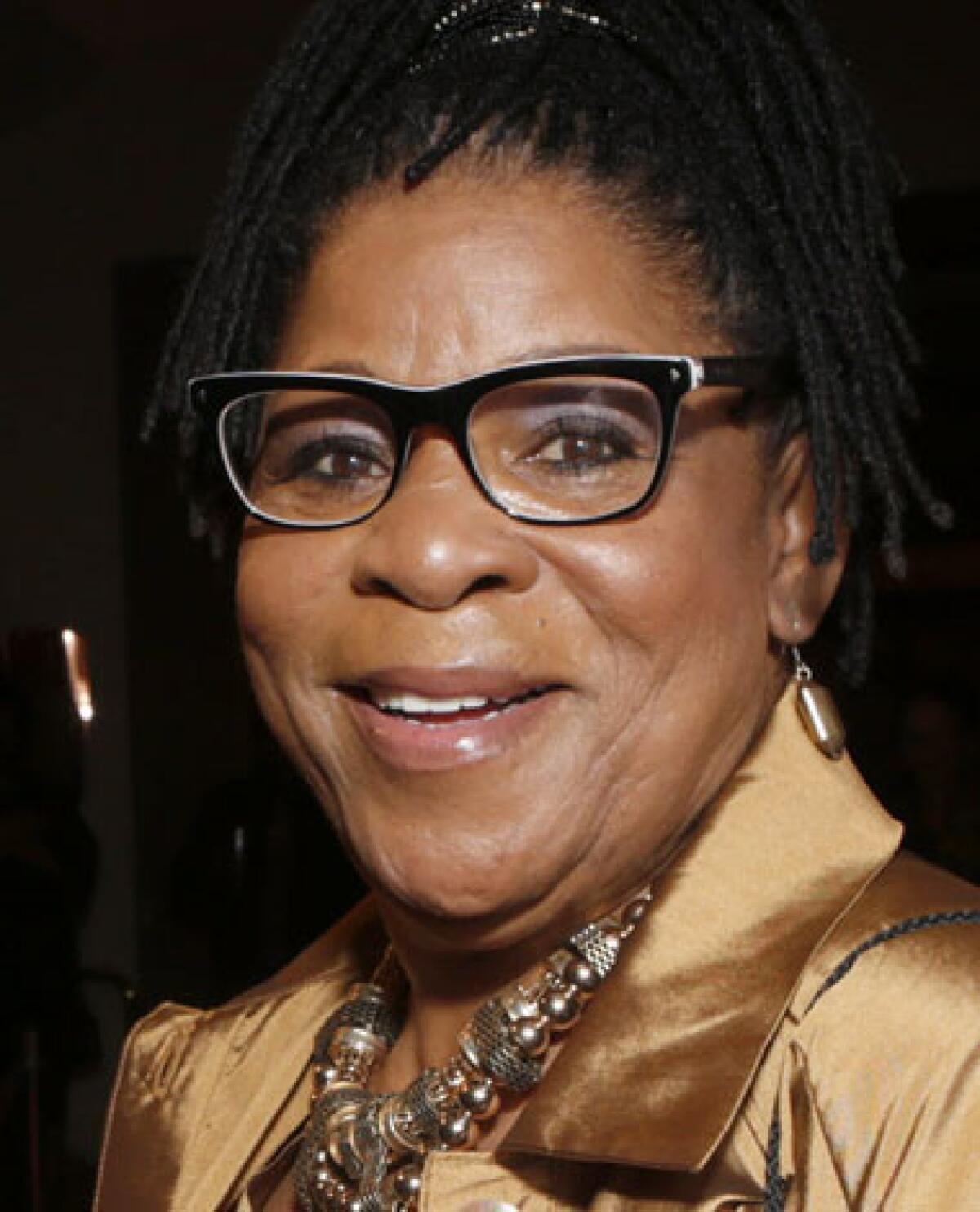
Todd Williamson / Associated Press
“It’s not rocket science that I was a woman who needed help, which was never given to me through the courts.”
Susan Burton
Founder, A New Way of Life
Age: 62
Los Angeles
Burton became addicted to alcohol and crack cocaine after her 5-year-old son, Marque, was hit by a car and killed in 1982. She served time in prison, and after being in and out of the justice system for more than a decade, Burton turned her life around. She became founder of A New Way of Life, which aims to help women in South Los Angeles after their release from prison. Among the project’s goals is reducing recidivism rates.
In 2010, she received a Citizen Activist Award from the Harvard Kennedy School of Government.
“I served six terms — 19 months, two years, three years,” she told the Times. “It’s not rocket science that I was a woman who needed help, which was never given to me through the courts.”
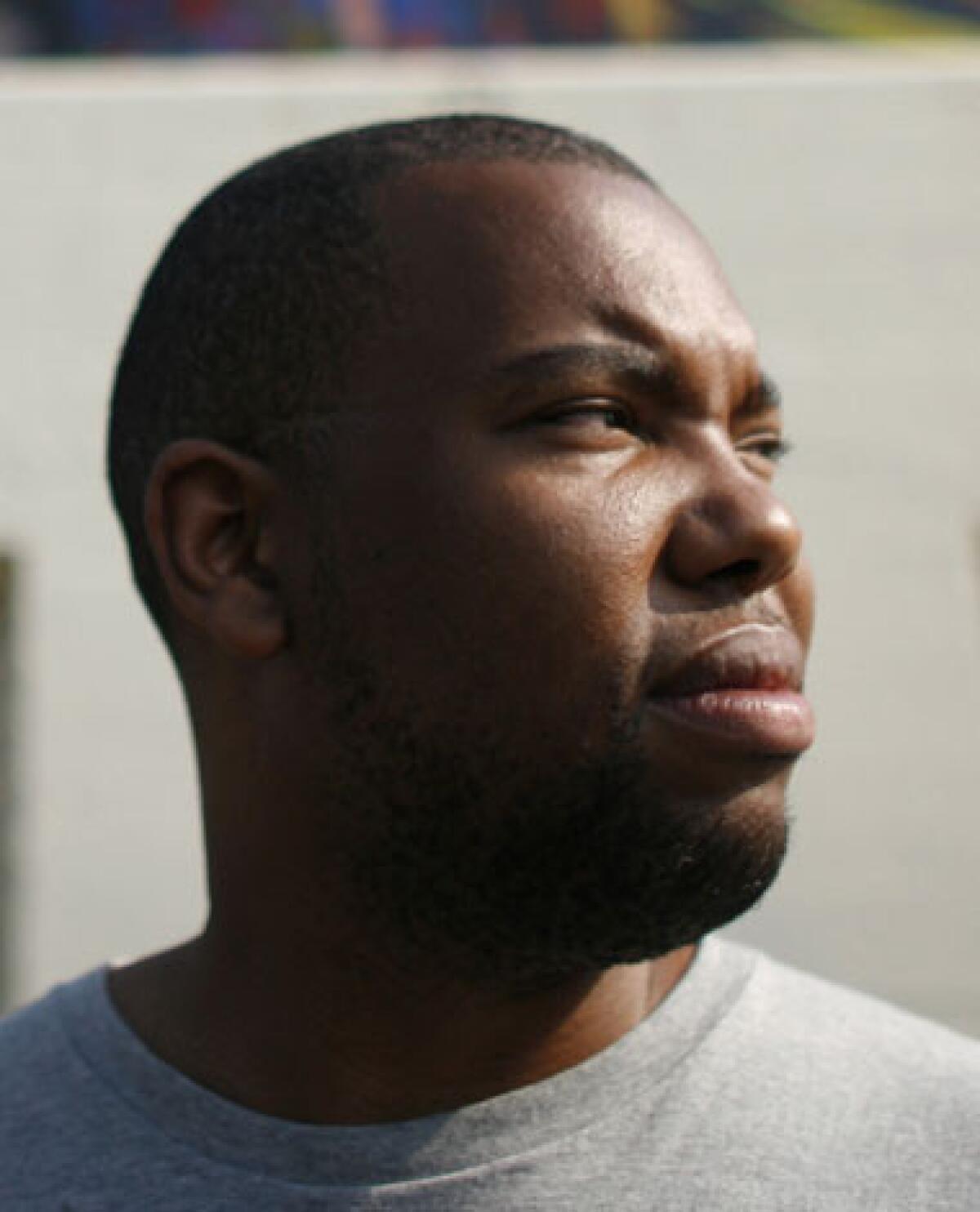
Michael Robinson Chavez / L.A. Times
“Police brutalized them in the streets.”
Ta-Nehisi Coates
Writer
Age: 39
Harlem, N.Y.
A journalist, essayist and author, Coates writes for the Atlantic, where he focuses on cultural and political issues. Well before the incidents in Ferguson, Mo., and Staten Island, N.Y., which both elevated the discourse over race, Coates offered deep insights into racial disparities in America. In a June 2014 piece titled “The Case for Reparations,” Coates explored how slavery and segregation, along with federally backed housing policies, had prevented African Americans from attaining wealth. Last month, “Reparations” was awarded the George Polk Award for commentary.
“Businesses discriminated against them, awarding them the worst jobs and the worst wages. Police brutalized them in the streets. And the notion that black lives, black bodies, and black wealth were rightful targets remained deeply rooted in the broader society,” Coates writes. “Now we have half-stepped away from our long centuries of despoilment, promising, ‘Never again.’ But still we are haunted.”
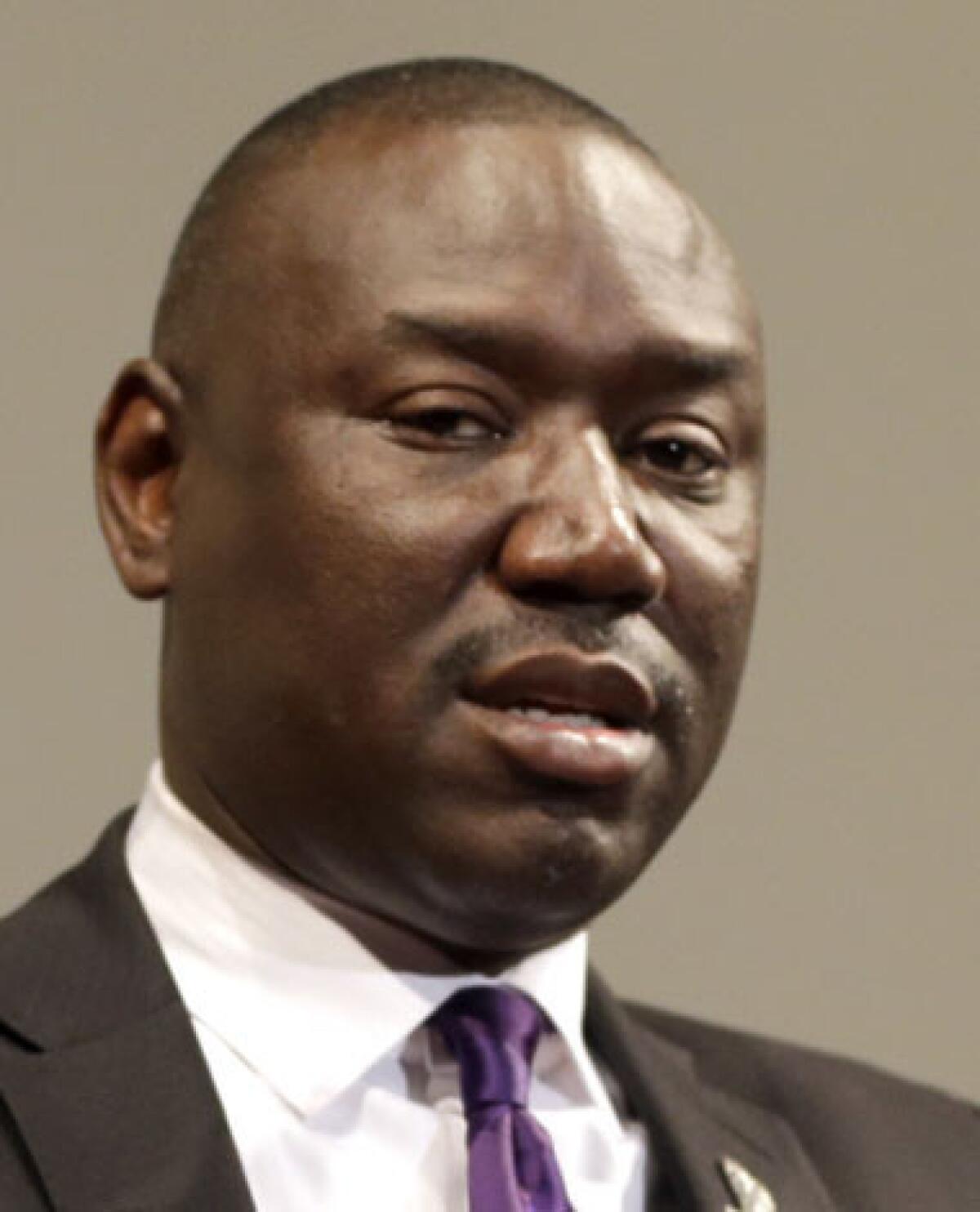
Jeff Roberson / Associated Press
“The media is more powerful, in a lot of regards, than what happens in [the] courtroom.”
Benjamin Crump
Civil rights attorney
Age: 43
Tallahassee, Fla.
Whenever there is a high-profile allegation of police abuse, or a black person is killed under controversial circumstances, more often than not these days it seems Crump is there — holding news conferences, speaking on behalf of victims’ families, demanding accountability.
Crump has represented the families of Trayvon Martin, Michael Brown and Tamir Rice — the 12-year-old boy shot and killed by a police officer in Cleveland — and most recently took on the case of Antonio Zambrano-Montes, a Mexican man shot and killed by police in Washington state.
The media is more powerful, in a lot of regards, than what happens in [the] courtroom,” Crump told the Orlando Sentinel in 2012, explaining his philosophy. Without public attention, he said, cases like Trayvon Martin’s are often “swept under the rug.
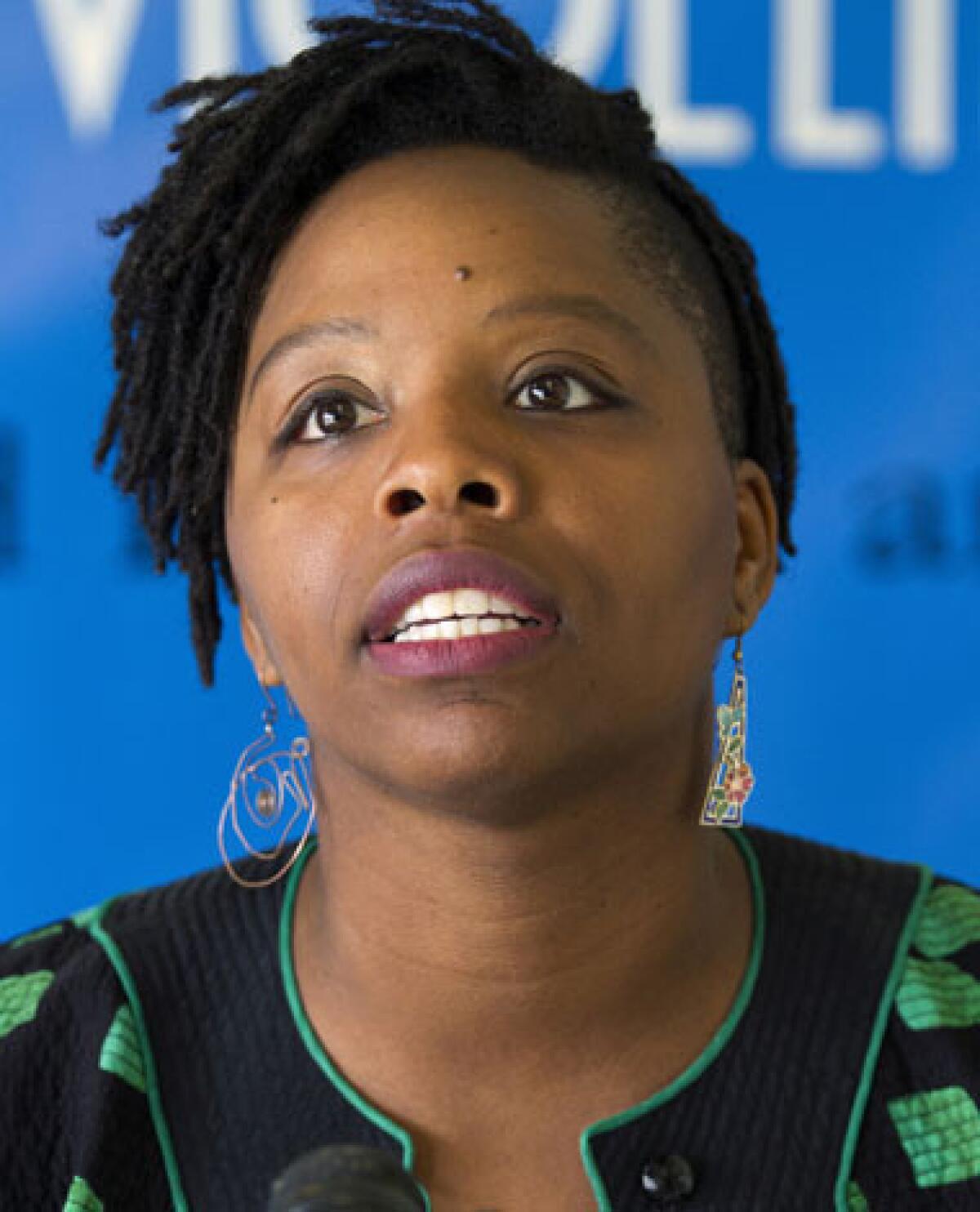
Jenna Schoenefeld / For The Times
“We need to stop being fearful of talking about ourselves.”
Patrisse Cullors
Co-founder of #BlackLivesMatter
Age: 31
Los Angeles
A self-described “freedom fighter” and “wife of Harriet Tubman,” Cullors founded the group Dignity and Power Now in 2012 to battle for law enforcement reform in Los Angeles County. Cullors came up with the #BlackLivesMatter hashtag after George Zimmerman was found not guilty in 2013 of criminal charges for fatally shooting Trayvon Martin. The #BlackLivesMatter social media campaign she helped foster caught on in Ferguson, Mo., after the death of Michael Brown in 2014 at the hands of a police officer.
“This post-racial Obama era has sort of bamboozled a lot of us into thinking that we’ve come much further than we actually have,” Cullors told California Sunday recently, explaining the significance of the #BlackLivesMatter message. “Obviously we haven’t had enough both talk and practice around what it means to save black lives, because we keep dying. We need to stop being fearful of talking about ourselves.”
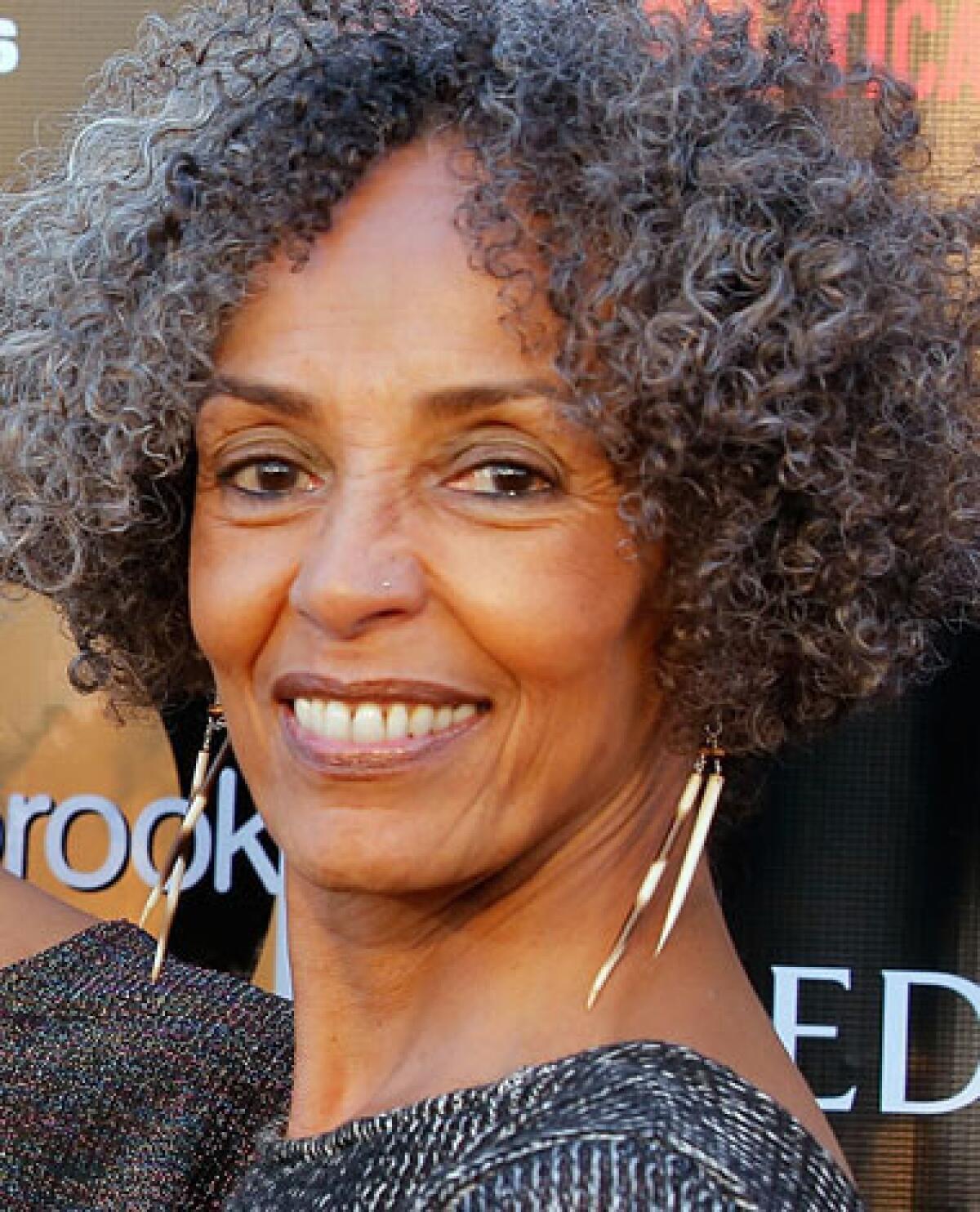
J. Countess / Getty Images
“All over the U.S., we are witnessing the dawn of a truth and reconciliation movement.”
Fania Davis
Founder, Restorative Justice for Oakland Youth
Age: 67
Oakland
The 1963 bombing of the 16th Street Baptist Church in Birmingham, Ala., stoked a lifetime of activism for Davis. Two of her close friends were killed in what became one of the most horrific events of the civil rights movement. Davis, the sister of political activist Angela Davis, who had close ties to the Black Panther Party, is the founder of Restorative Justice for Oakland Youth. She’s used the organization as a platform to work with Oakland public schools to reduce suspensions for minority students and the city’s juvenile justice system to form new diversion programs.
“All over the U.S., we are witnessing the dawn of a truth and reconciliation movement,” she wrote in a recent piece for the Guardian newspaper. “At this stage, there’s no centralized national truth and reconciliation body of the sort we saw in South Africa after the fall of apartheid. Instead, these expressions emanate from local, community-based and grass-roots groups that are self-organizing rather than following the directives of a high-level governmental entity.”
“We started brainstorming about what a movement led by young black people could look like.”
Wazi Maret Davis
Co-founder, Black Brunch
Age: 23
Oakland
While the hashtag #BlackLivesMatter has gained attention worldwide, the lesser-known hashtag #BlackBrunch is also gaining traction, thanks to Davis.
The Oakland resident helped launch the tactic, where activists file into weekend brunch spots in gentrified neighborhoods to inform patrons about violence that African Americans have endured at the hands of police. Davis said she was inspired to act after grand juries in Ferguson, Mo., and New York failed to indict white police officers who killed unarmed black men. She wanted to create something similar to the lunch counter sit-ins in the South during the civil rights movement. In recent months, #BlackBrunch has occurred in cities from Oakland to New York.
“I sent out a text telling people to come to my house if they wanted to do something by us, for us,” she said in a recent Times article about how #BlackBrunch came about. “We started brainstorming about what a movement led by young black people could look like.”
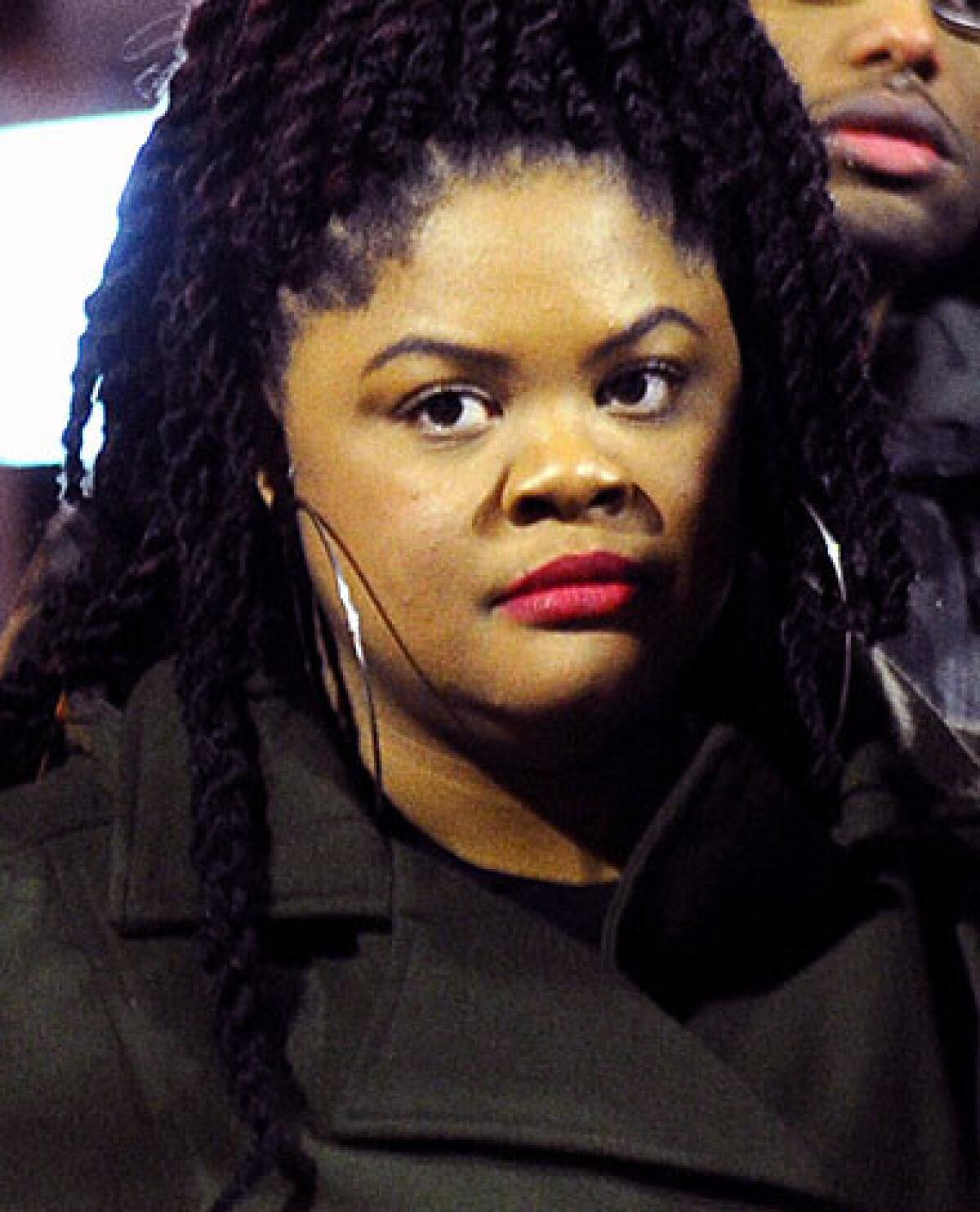
Wally Skalij / Los Angeles Times
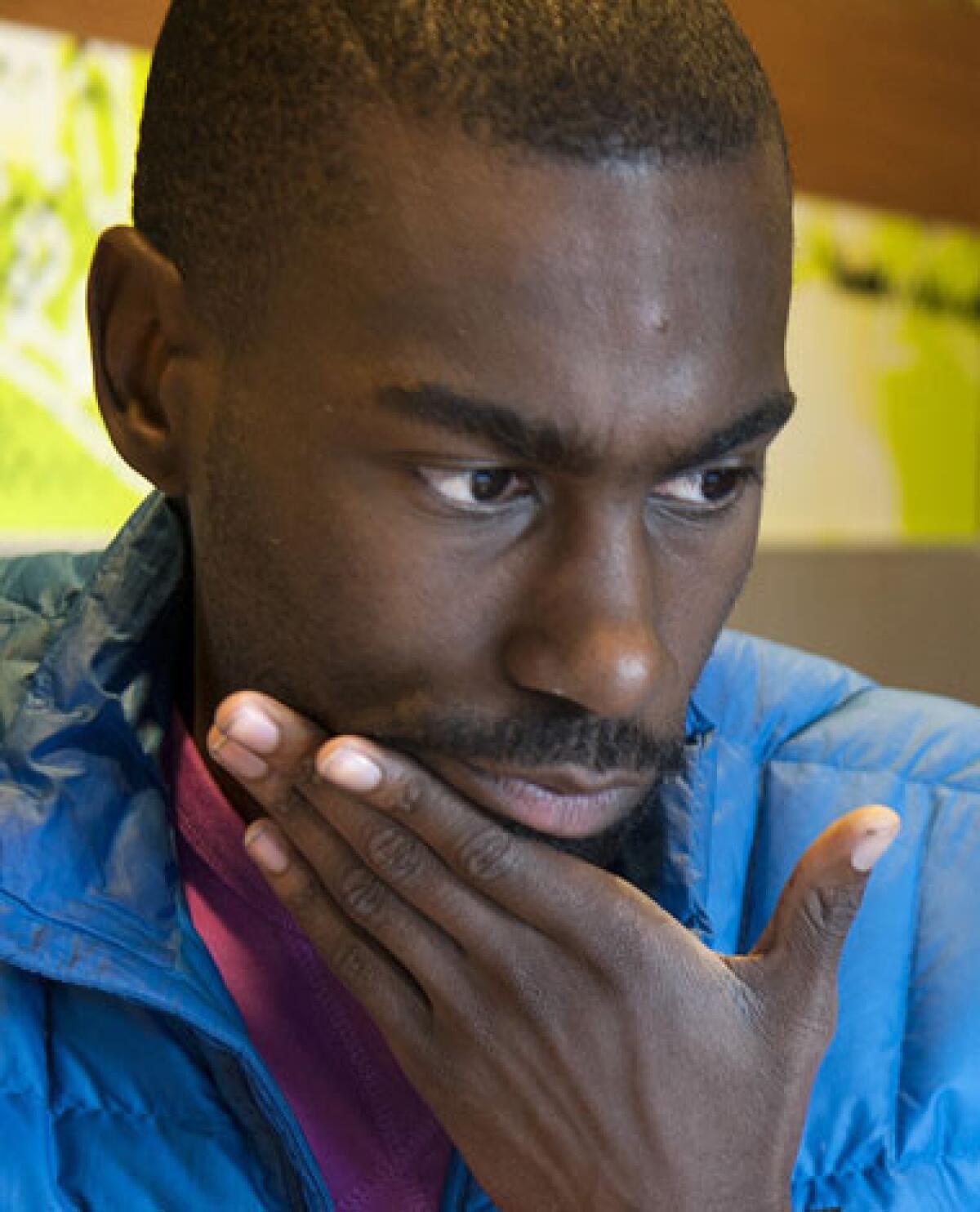
The Washington Post
“There's space for many types of leadership, and there's a space for many people to lead.”
Johnetta Elzie and DeRay Mckesson
Ferguson, Mo., activists
Age: 25 and 29
Chicago and St. Louis
The protests in Ferguson, Mo., had no single leader, but Elzie and Mckesson were among the dissenting chorus’ most prominent voices. Harnessing the power of media, the pair extensively chronicled the story developing in Ferguson using Twitter and published a daily newsletter that won thousands of followers. Recently, the pair helped launch “Mapping Police Violence,” a collection of data on people killed by police in 2014, and they won the PEN New England 2015 Howard Zinn Freedom to Write Award.
“Standing on a street I visited many times [in my] youth and seeing this teenager's blood on the ground is an experience that will likely haunt me for the rest of my life,” Elzie wrote in Ebony magazine of the day Michael Brown, 18, was killed. “His blood on the ground cried out to us. His blood was the call to action.”
“We don't need the legitimacy of an organization to help us; we don't need structure to support us,” Mckesson said in 2014. He added: “There's space for many types of leadership, and there's a space for many people to lead. That's the power of what's happening in Ferguson.”
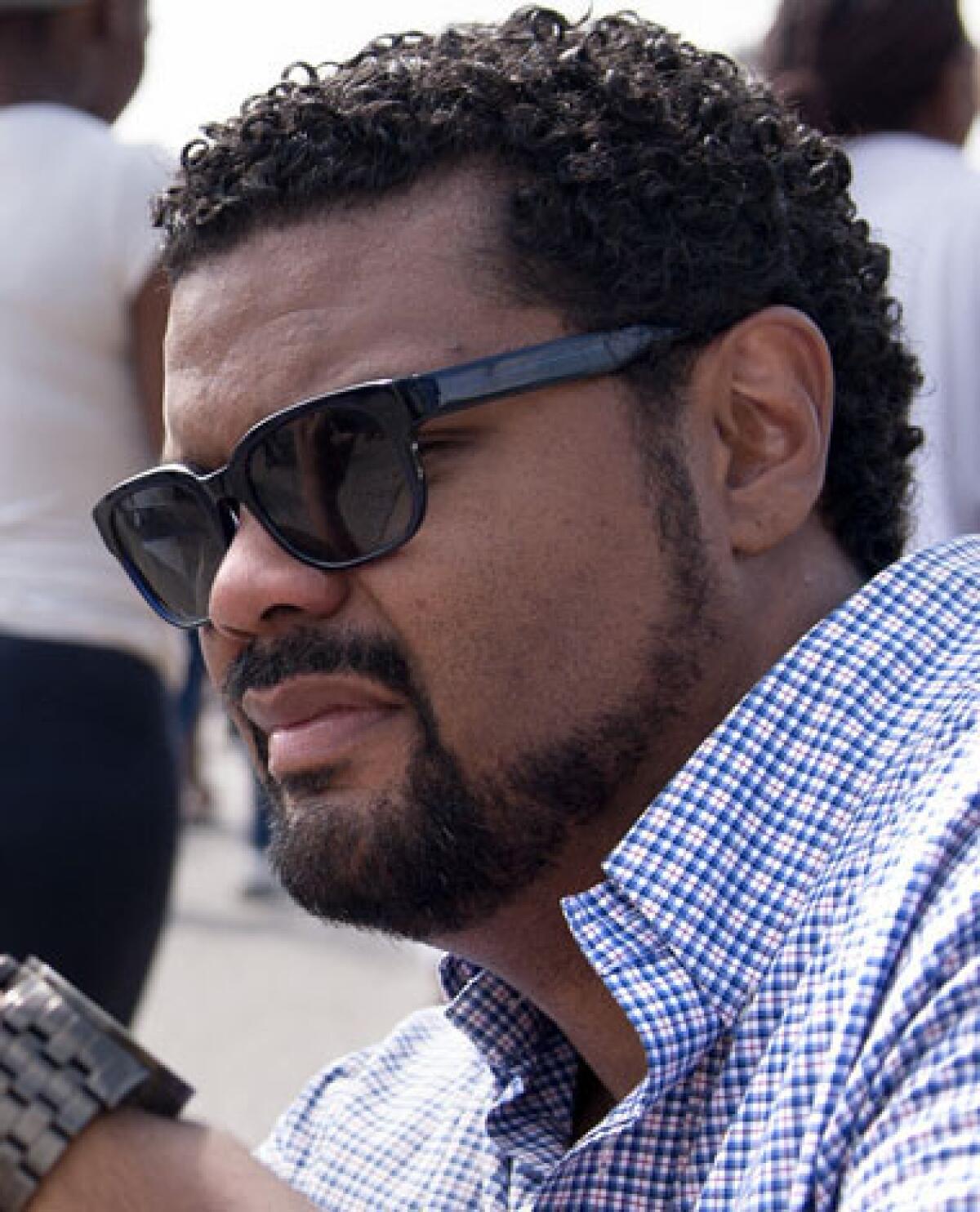
Sid Hastings / Associated Press
“I've just been right here, just helping my people. This is personal to me. This is my home.”
Antonio French
St. Louis alderman
Age: 37
St. Louis
It was French's social media posts — updated at a frenetic pace — that allowed the country early on to look directly inside the protests in Ferguson, Mo., where tear gas and rubber bullets threatened to become routine. And it was French's frank words that gave Ferguson's black community its voice in the days after the shooting of Michael Brown.
In the months since the Aug. 9 shooting, some in the St. Louis area believe he will one day run for mayor. Along with organizing events for demonstrators, he has established the nonprofit #HealSTL, which looks to help businesses in the community rebuild.
“I've just been right here, just helping my people. This is personal to me. This is my home,” he said in a recent Times profile. “I like to think I was doing solid things for this region, for this community, before the world started watching us.”
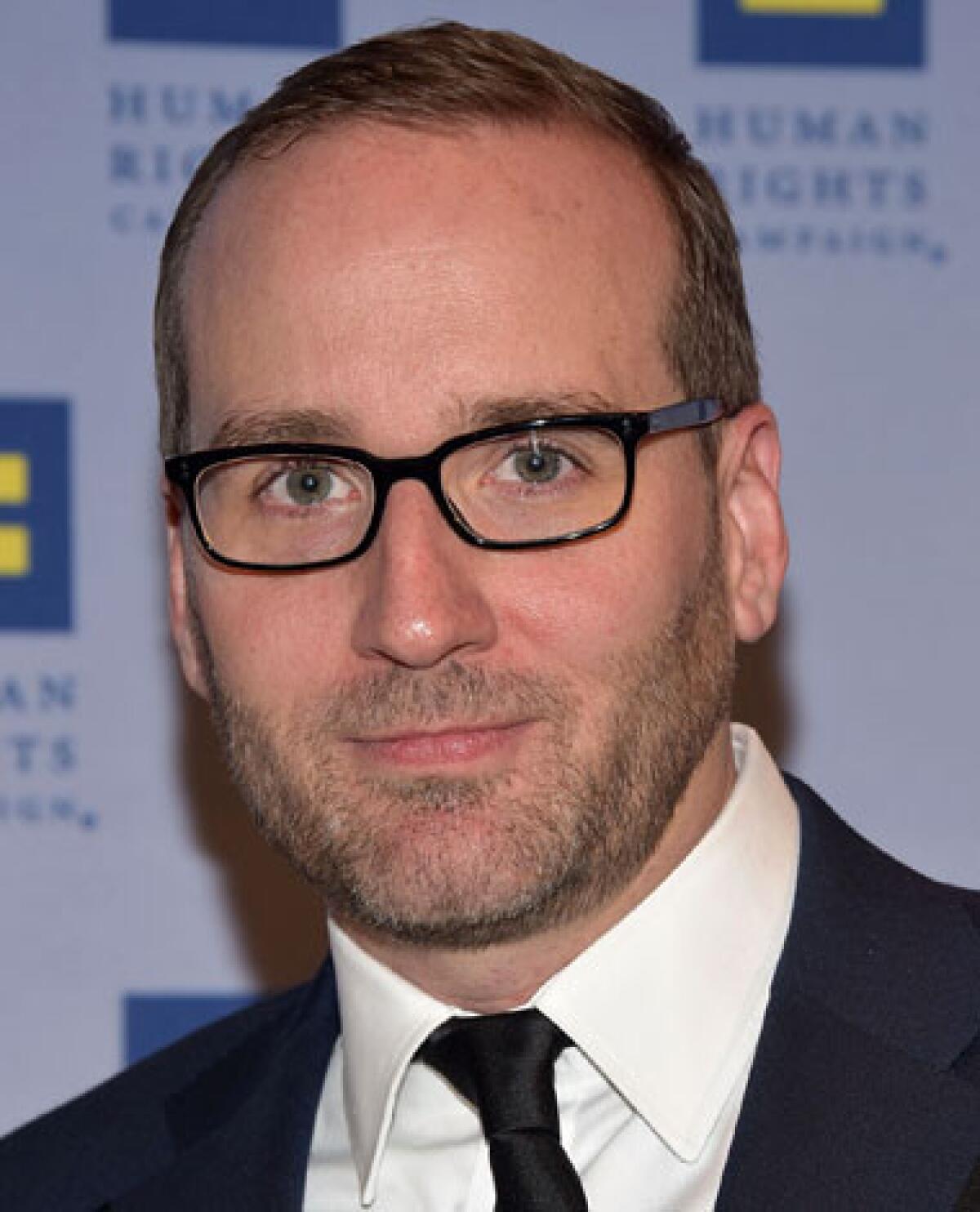
Grant Lamos IV / Getty Images
“Our opponents are losing in federal court, at the ballot box, in the state court, in the court of public opinion.”
Chad Griffin
President, Human Rights Campaign
Age: 41
Washington, D.C.
Griffin, head of one of the nation’s most prominent LGBT advocacy groups, was sitting in the U.S. Supreme Court when it ruled against part of the Defense of Marriage Act and California’s same-sex marriage ban in 2013 — a tremendous victory for same-sex couples seeking the same rights as straight couples. It was a victory for Griffin too, a onetime Los Angeles political consultant who had brought the then-risky lawsuit against California’s ban. After Griffin emerged from the Supreme Court building, he promised supporters, “Within five years, we will bring marriage equality to all 50 states.”
Same-sex couples may not have to wait that long. Federal judges across the country have repeatedly ruled against states’ same-sex marriage bans — thanks in part to advocates like Griffin, who waged social and legal campaigns to win new supporters and concessions from opponents.
“Our opponents are losing in federal court, at the ballot box, in the state court, in the court of public opinion,” Griffin said in 2013. “The vast majority of this country is now supportive of marriage equality. Being on the wrong side of history as it relates to this issue has become an increasingly isolated place to be.”
“The federal constitution guarantees the equal protection of the law for all Americans.”
Ashley Jackson
Director, Human Rights Campaign Alabama
Age: 31
Montgomery, Ala.
A native of the Deep South, Jackson played an influential role in helping to overturn Alabama’s ban on same-sex marriage. As the state director of the Human Rights Campaign, she’s collaborated with officials from across the state in a fight for equal rights. A federal judge ruled against Alabama’s ban on same-sex marriage. The state Supreme Court, led by Chief Justice Roy Moore, has since ordered probate judges not to issue marriage licenses to same-sex couples.
“There's something deeply ironic about a judge seeking the right to ignore another judge's ruling while crying ‘judicial activism,’” she said in a statement after Moore called for the state’s ban to remain in place, despite the federal ruling. “The federal Constitution guarantees the equal protection of the law for all Americans, and, sooner rather than later, that equality must come to Alabama's families too.”
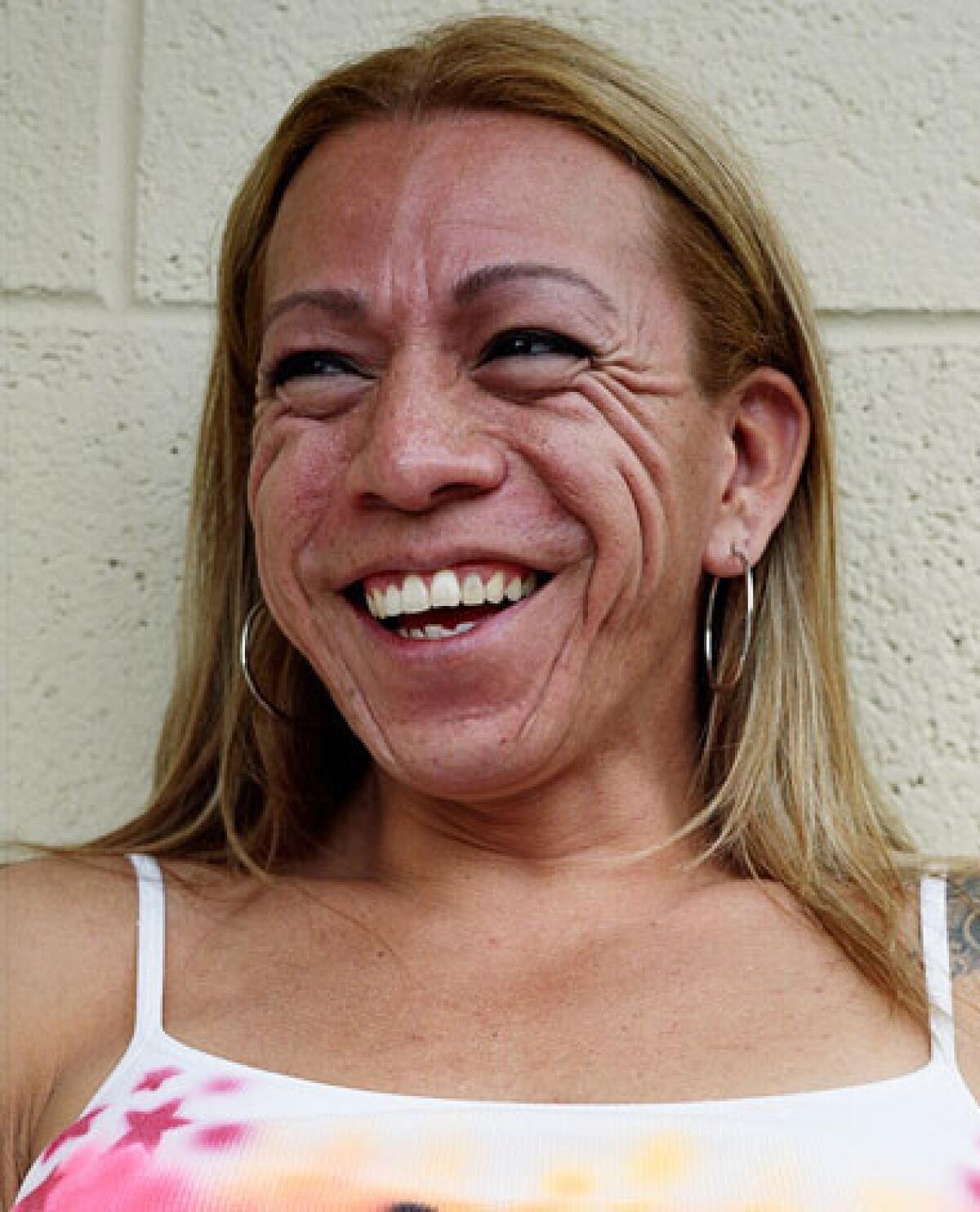
Gideon Mendel
“We’re living in an era of ‘separate but equal.'”
Bamby Salcedo
Founder and president, the Trans-Latin@ Coalition
Age: 45
Los Angeles
As gay and lesbian Americans have won growing acceptance in American life, transgender people face high rates of suicide, unemployment, poverty and harassment. Bamby Salcedo, who survived a harrowing youth in Mexico and the U.S., is founder and president of the Trans-Latin@ Coalition, which advocates for greater rights and visibility for transgender Latina immigrants. She was also featured in the 2013 documentary “TransVisible: Bamby Salcedo’s Story.”
“We’re living in an era of ‘separate but equal,’” Salcedo said in 2014 at the National Conference on LGBT Equality, where she accepted the Susan J. Hyde Award for Longevity in the Movement. “Many of you may think the trans community is advancing, but the truth is that we are just being complacent. There are statistics that prove our experience is one of unemployment ... incarceration, HIV, homelessness, drug abuse, you name it.”
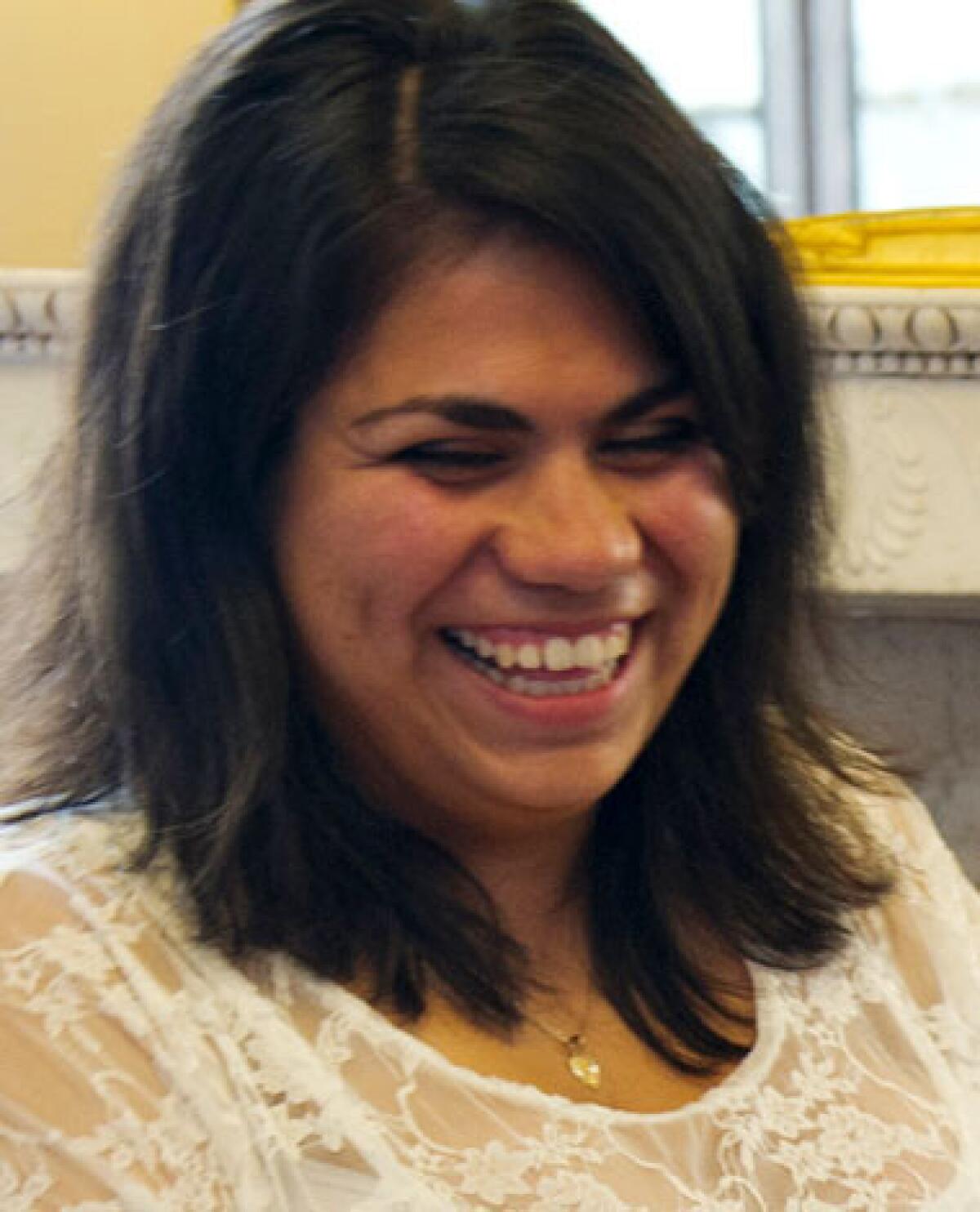
Associated Press
“There's 11 million of us in the country. We just want to stay with our families. We don't want to be separated.”
Astrid Silva
Immigration activist
Age: 26
Las Vegas
It began with a letter that Astrid Silva slipped to Sen. Harry Reid (D-Nev.) in 2009. The young woman was brought to the U.S. illegally as a 4-year-old, carrying a Ken doll. She had grown up and was worried she would be deported if she applied to college, despite being an excellent student. The pair turned into unlikely pen pals, and Silva became one of the highest-profile faces in the so-called Dreamer movement after President Obama told her story to make the case for immigration reform.
“I was just the person he chose to do this. But there are so many people that this represents,” Silva said in 2013. “I'm not the only one. There's 11 million of us in the country. We just want to stay with our families. We don't want to be separated.”
Silva is the co-founder of DREAM Big Vegas and an organizing director for the Progressive Leadership Alliance of Nevada, a liberal advocacy group.
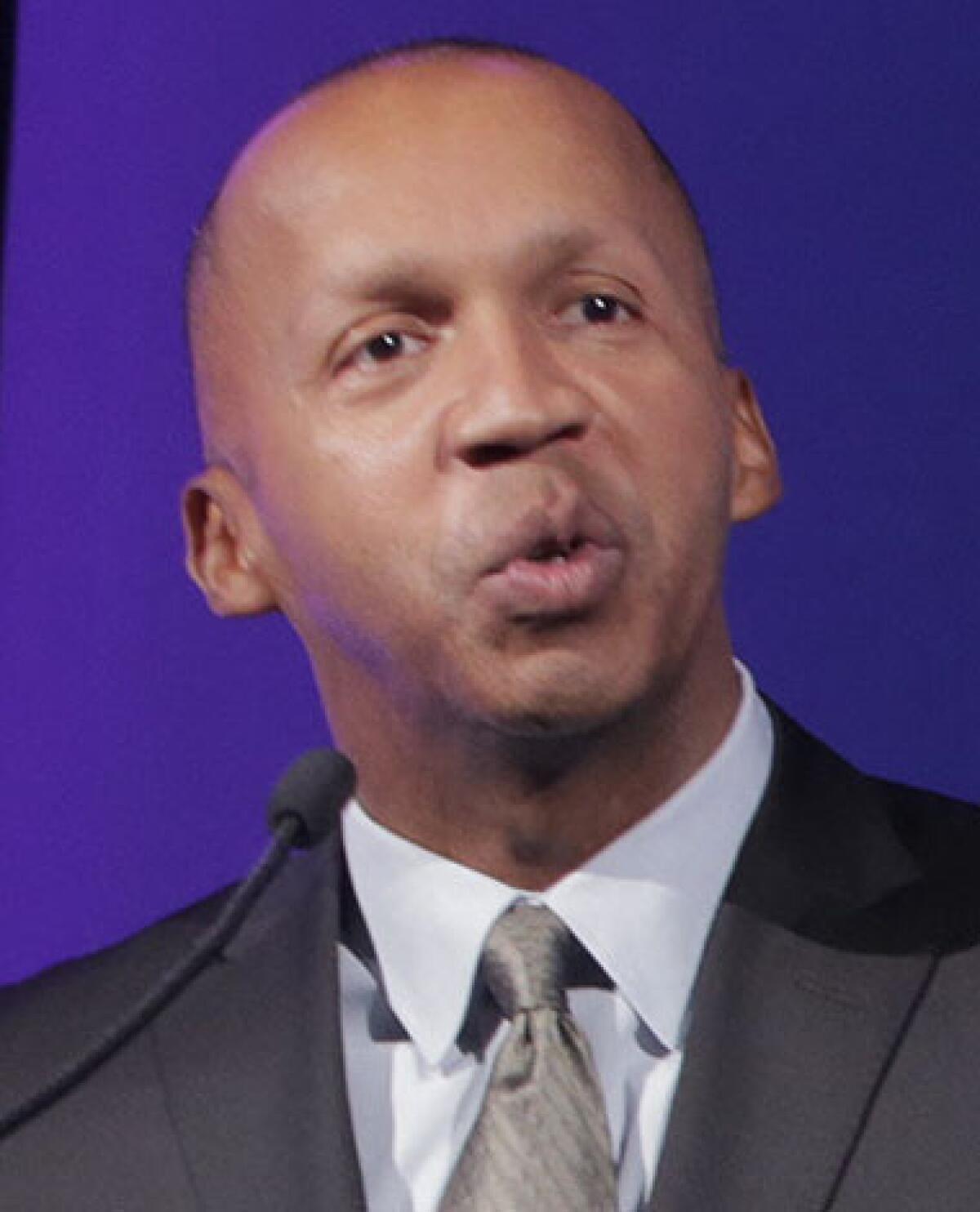
Brendan Hoffman / Getty Images
“We have a system of justice in this country that treats you much better if you're rich and guilty than if you're poor and innocent.”
Bryan Stevenson
Founder and executive director, Equal Justice Initiative
Age: 55
Montgomery, Ala.
Stevenson belongs to a wave of civil rights advocates who focus on prison reform. A MacArthur “genius” grant winner and a Harvard Law School and Harvard Kennedy School of Government graduate, Stevenson and the Equal Justice Initiative represent death-row prisoners in the Deep South and advocate on behalf of young or poor prisoners. His 2012 TED talk in Long Beach, titled, “We Need to Talk About an Injustice,” has been watched more than 2 million times.
“We have a system of justice in this country that treats you much better if you're rich and guilty than if you're poor and innocent,” Stevenson said in the talk. “Wealth, not culpability, shapes outcomes. And yet, we seem to be very comfortable. The politics of fear and anger have made us believe that these are problems that are not our problems. We've been disconnected.”
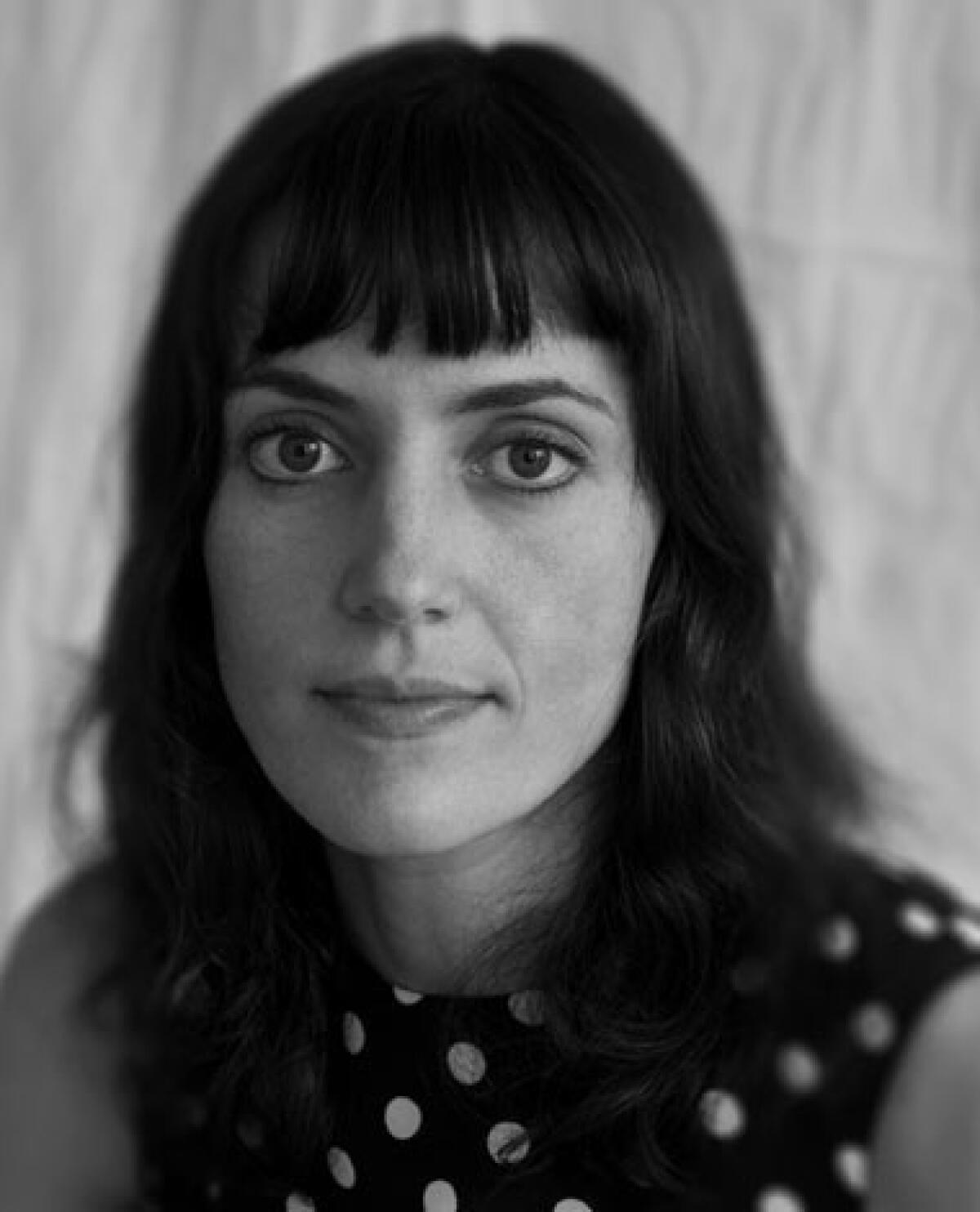
Deborah DeGraffenreid / Metropolitan Books
“If anyone deserves debt relief — morally and legally — it’s these students.”
Astra Taylor
Author, filmmaker, anti-debt advocate
Age: 35
New York City
Occupy Wall Street is dead, but Taylor’s work as a participant, author, filmmaker and activist has carried on the movement’s legacy. In 2012, Taylor helped create the Rolling Jubilee, an activist program that buys and forgives debt for pennies on the dollar; the group claims to have “abolished” almost $32 million in debt since its creation.
Now, activists calling themselves the Corinthian 15 are taking Taylor and her compatriots’ ideas a step further and holding a “debt strike” by refusing to pay back federal loans for Corinthian Colleges, a for-profit education company that federal regulators have accused of running an “illegal predatory lending scheme.”
“Real change will require more organized actions like those taken by the Corinthian 15,” Taylor wrote in a New York Times op-ed in February. “If anyone deserves debt relief — morally and legally — it’s these students. For-profit colleges are notorious for targeting low-income minorities, single mothers and veterans with high-pressure, misleading recruitment techniques.”
In 2014, Taylor published “The People's Platform: Taking Back Power and Culture in the Digital Age,” a book skeptical of technological progress.”
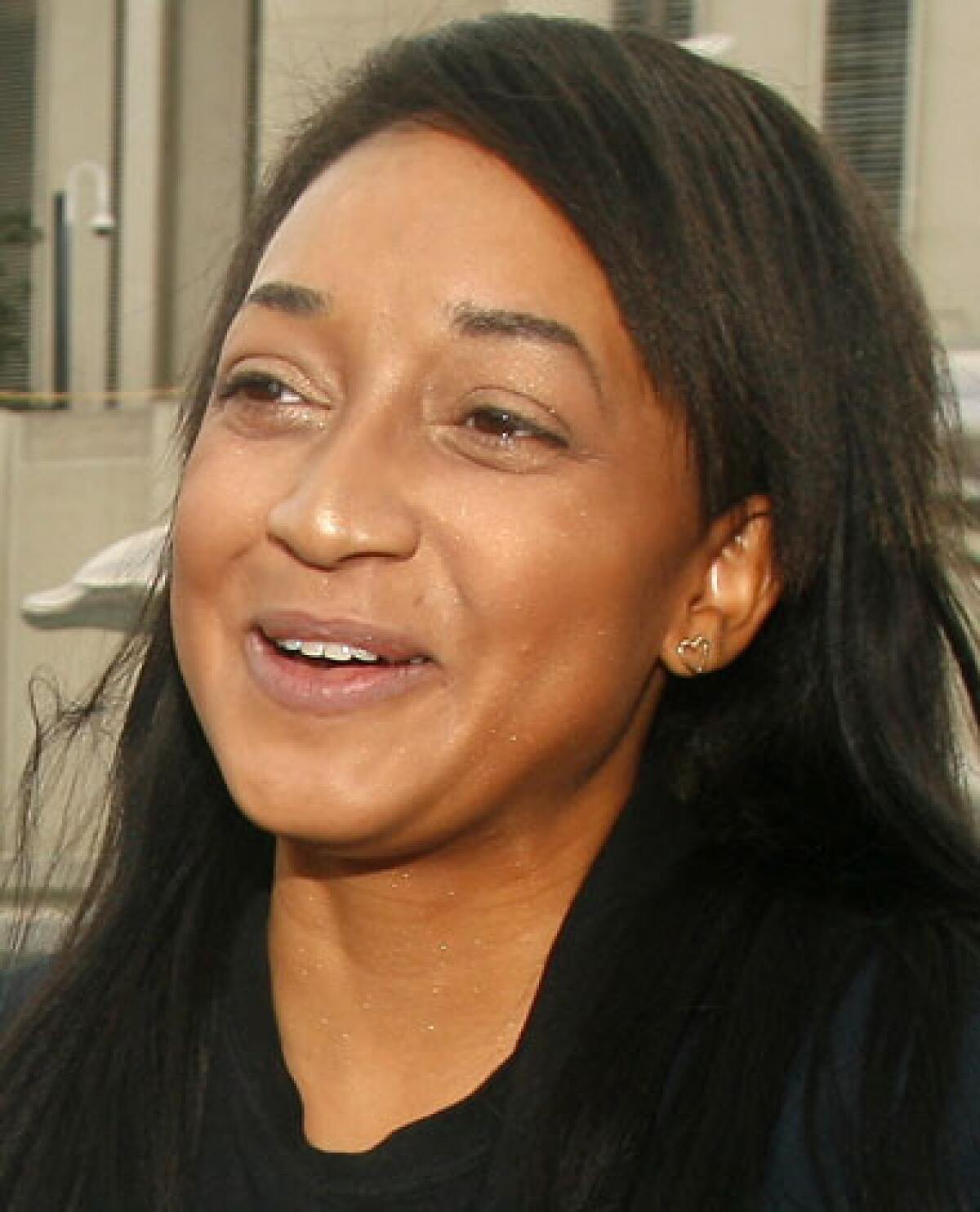
Phil Sears / Associated Press
“People tell us that certain things aren’t possible, but... we are proving them wrong every minute.”
Ciara Taylor
Political director, Dream Defenders
Age: 25
Miami
As a student at Florida A&M University, Taylor found an interest in politics and volunteered on campaigns, including Barack Obama’s White House run in 2008. But the Trayvon Martin case jolted Taylor into activism. She is now political director of Dream Defenders, a Florida-based group that launched in the wake of Martin’s death. In her role, Taylor develops legislative initiatives for the group and helps register minority voters.
Two years ago she was among dozens of Dream Defenders to stage a sit-in at the Florida Capitol to protest the state’s “stand your ground” law.
“I have had it going through the normal routes because it doesn’t work,” Taylor told the New York Times at the time of the sit-ins. “People tell us that certain things aren’t possible, but they are coming through every day. We are proving them wrong every minute.”
“We still have the moral high ground, and we cannot allow for it to be undermined.”
Opal Tometi
Director, Black Alliance for Just Immigration
Age: 30
Brooklyn, N.Y.
A first-generation Nigerian American, Tometi has been active in immigrant rights for much of the last decade. As director of the Black Alliance for Just Immigration, she became a vocal opponent of Arizona’s controversial SB-1070. At the time, she said the law was meant to “destroy communities.” Since the deaths of Michael Brown and Eric Garner, Tometi co-founded Black Lives Matter which calls for policing reforms.
“This is a challenging moment, but we must maintain the integrity of our message and moral movement,” she wrote in a December Huffington Post piece. “We still have the moral high ground, and we cannot allow for it to be undermined.”
» Full Coverage: 50 years after the march on Selma
Follow @MattDPearce and @KurtisALee on Twitter
Start your day right
Sign up for Essential California for news, features and recommendations from the L.A. Times and beyond in your inbox six days a week.
You may occasionally receive promotional content from the Los Angeles Times.





